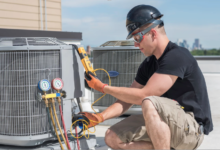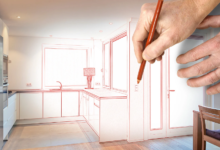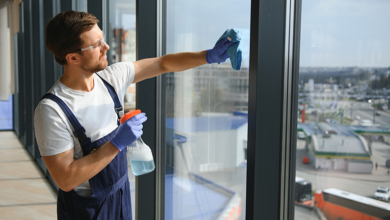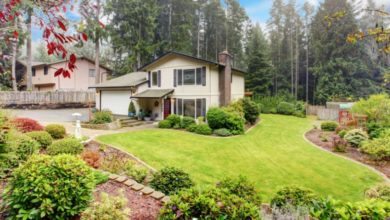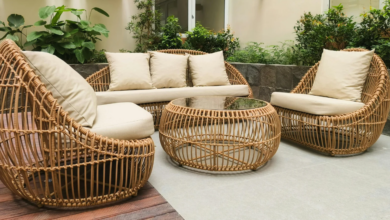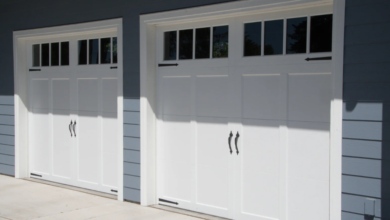The Advantages of French Drains and Alternative Drainage Systems
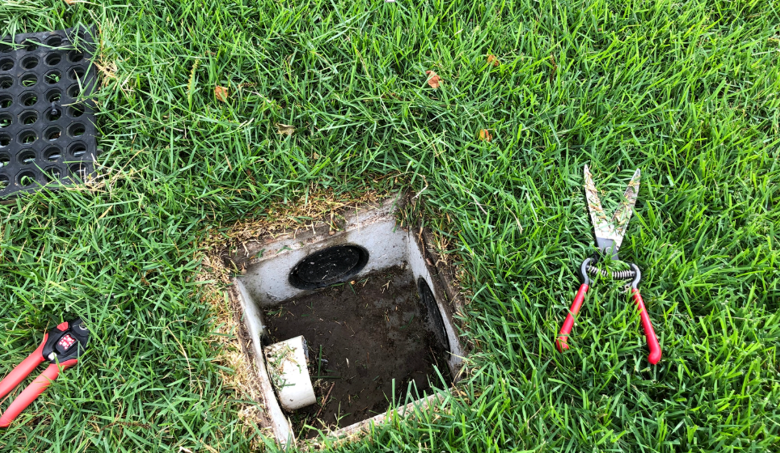
Managing water flow is essential to preserving the structural and aesthetic integrity of your outdoor space. Excess water can saturate the soil, compromise plant health, and lead to erosion or even foundation damage. For homeowners seeking to protect their property and promote efficient yard drainage, professionally installed drainage solutions in Roswell offer long-term benefits that go far beyond appearance.
One of the most reliable drainage solutions used in residential landscaping is the French drain. However, other systems may be more suitable depending on yard conditions, slope, and water volume.
Recognizing the Need for a Drainage Upgrade
Many yards develop symptoms that indicate poor water management. Persistent sogginess, standing water after rain, water intrusion in basements, and yellowing grass are all signs that the current system is not functioning effectively. Identifying the signs your yard needs a drainage solution upgrade early can prevent future soil damage and structural issues.
A professional evaluation can uncover underlying causes such as improper grading, compacted soil, or failing systems. Once assessed, the right solution can be selected to correct these issues before they lead to long-term deterioration.
Why French Drains Work So Well
French drains are among the most versatile and effective solutions for managing subsurface water. Installed below ground, this system uses a perforated pipe surrounded by gravel and wrapped in a filter fabric. It collects and redirects groundwater, preventing it from accumulating around foundations, patios, or low-lying yard areas.
What makes French drains so beneficial is their ability to discreetly manage water without disrupting the surface layout. This is especially helpful in landscapes with limited space or where aesthetics matter. They’re ideal for yards with poor soil drainage, heavy clay, or areas that naturally collect water.
When installed properly by professionals, French drains offer reliable, low-maintenance water control for many years.
See also: What Homeowners Should Know About Insulated Garage Door Installations
Exploring Alternative Drainage Options
Although French drains are effective, they may not be ideal for every yard. In areas where surface runoff is the primary issue, other systems like swales, trench drains, or dry wells may provide better performance. For example, trench drains can efficiently capture water running across hard surfaces, while dry wells allow water to percolate into deeper soil layers.
Understanding how to choose the right drainage solution for your property depends on several factors: soil type, slope gradient, rainfall intensity, and nearby structures. Professionals assess all these elements before designing a system tailored to your property’s needs.
Sometimes a combination of methods is required to fully control both surface and subsurface water. Integrated systems that include grading adjustments, catch basins, and pipe extensions can dramatically improve overall yard performance.
Conclusion
Choosing the right drainage system ensures your yard remains healthy, dry, and protected from water damage. Whether it’s a French drain or an alternative method, professional planning and installation help address the unique challenges of your landscape.
By observing the warning signs and implementing targeted solutions, homeowners can prevent costly repairs, promote plant health, and improve soil conditions. A properly managed drainage system brings long-term value and reliability to any outdoor space.
